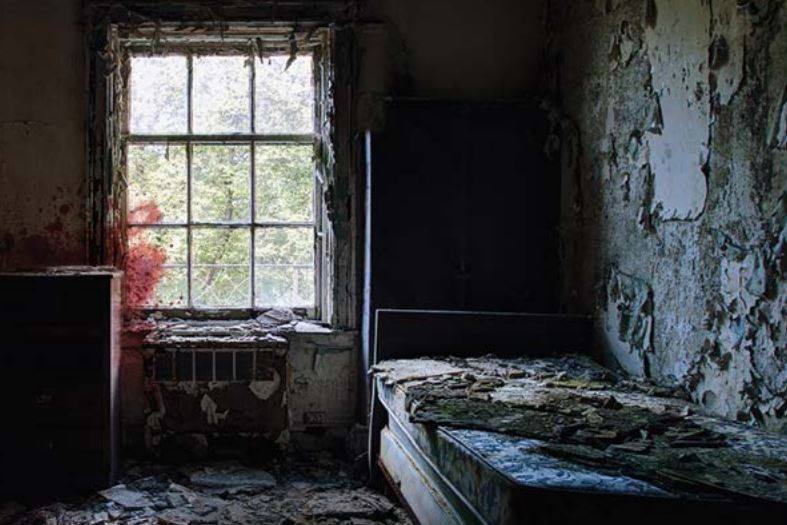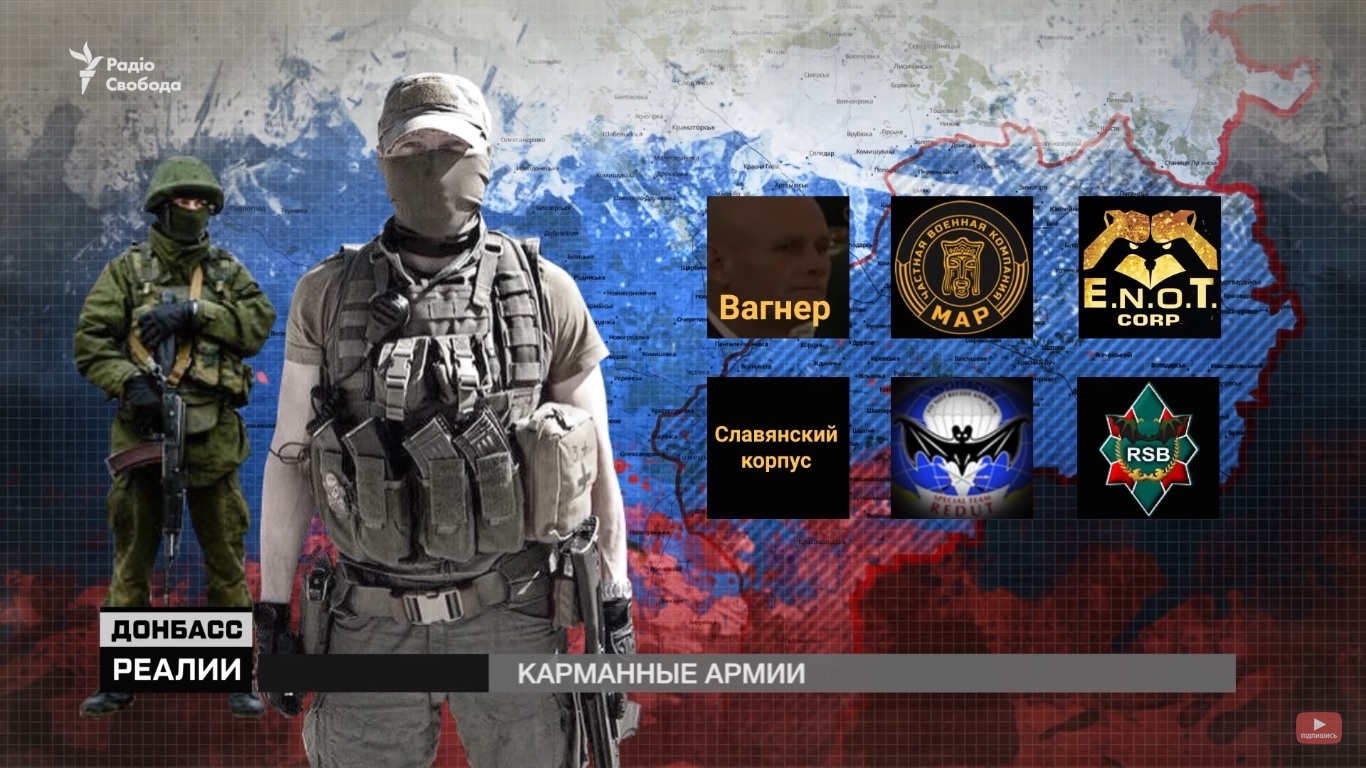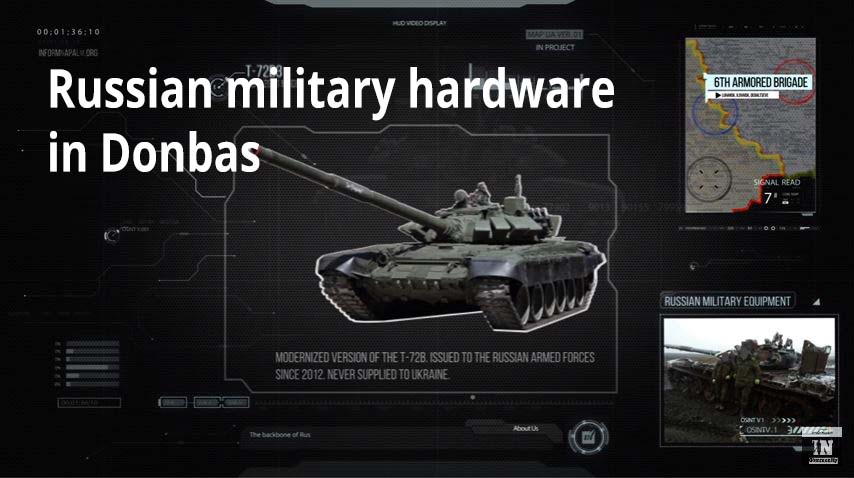What are war crimes?
The Rome Statute of the International Criminal Court stipulates a legal definition of war crimes and provides their list.
All of this is taking place in the temporarily occupied territories of Ukraine, with kidnapping, torture and extrajudicial executions being the most common war crimes. Oleksandra Matviychuk, a Ukrainian human right champion and Head of the Board at the Centre for Civil Liberties, personally spoke with more than a hundred prisoners of war and civilian detainees who were taken hostage.
“They told how they were beaten, raped, some had their limbs cut off, and one woman had her eye taken out with a spoon. The war continues, and there are more and more of these stories,” says Matviychuk.
Andrii Bala
, a soldier of the Armed Forces of Ukraine, shared his heart-breaking story upon being released from captivity:
“They made me eat soil, chevrons, and my plastic card. They stuck a knife in my leg so that I don’t forget. They also put hot pepper in my wound.”

Iryna Dovhan, a Ukrainian activist, also went through tortures in the occupied Donbas, told:
“They got all the information that they needed from me. When they started beating me with rifle butts and threatened me with rape, I told them everything.”

What changes does this law introduce?
The problem with the Criminal Code of Ukraine before the amendments was that it inter alia lacked legal definitions of war crimes and referred to a number of respective treaties. This made the law unusable and impeded the effective implementation of its provisions.
Earlier, Kostianstyn Zadoia, a professor at Taras Shevchenko National University of Kyiv, described
the Criminal Code of Ukraine:
“The Criminal Code of Ukraine is a product of post-Soviet doctrine. Not only does it fail to keep up with global developments of the 1990s and 2000s, its provisions concerning international crimes are, unfortunately, pretty abstract.”
The ambiguity of Ukrainian law poses a threat to securing justice for war crimes victims. In the opinion of Oleksandra Matviychuk,
“In Ukraine, as a country of the former Soviet Union, which has renewed its independence and is trying to build a developed democracy, the level of legal consciousness remains instructive. That is, if something is not spelt out in the Criminal Code, no one will look for an international convention and try to apply it.”

The draft law № 2689 was worked out to fill legal gaps in the Ukrainian legislation with regard to war crimes and thus, allow to effectively investigate these felonies. It was approved in the first reading in September 2020 and voted for as a whole almost eight months later.
Why is this law crucial?
First, by adopting this law, Kyiv has sent a clear-cut message to Moscow that the punishment of its war criminals is inevitable.
Since the war started, Ukraine saw only two prosecutions for war crimes. Other crimes committed in the conflict have been pursued as any other felonies. And this is a huge mistake because there is a yawning difference between a general crime and a war crime. War crimes have no statute of limitations and second, entail a harsher penalty.
Oleksandra Matviychuk deems
investigations of war crime, like any other crimes, dangerous:
“One of the problems we saw is complete confidence [of the perpetrators in their] impunity. People who commit these crimes are confident that nothing will happen to them, that even if the situation changes, they will be amnestied or, in extreme cases, exchanged. This understanding of impunity is based on the fact that these crimes are investigated as ordinary crimes, not international ones.”
Second, it restores justice for the victims of war crimes. International law prescribes the impossibility of amnesty for war criminals. That is why the process of reconciliation upon the end of the conflict between Ukraine and Russia will not allow perpetrators to escape full liability.
Third, there is a glimpse of hope that the amended Criminal Code of Ukraine will serve as a deterrent for Russia’s dogs of war in Ukraine to commit more war crimes in the future.
Moreover, this law is a significant element in the transitional justice model for Ukraine. The model comprises prosecutions, reparations programs, institutional reforms, and measures ensuring truth. And the recent amendment concerns the last component of the model, requiring all sides of the conflict to deliver dreadful truth about human rights violations in the occupied territories.
Law highly important, despite ICC jurisdiction
Ukraine recognised the jurisdiction of the International Criminal Court with regard to war crimes committed in the Russian-Ukrainian conflict. Why is the adoption of the said law still crucial?
On 8 September 2015, Ukraine filed its second declaration on recognition of the jurisdiction of the International Criminal Court with regard to among other things war crimes committed by senior officials of the Russian Federation and leaders of so-called “DNR” (Donetsk People’s Republic) and “LNR” (Luhansk People’s Republic), since 20 February 2014 until present.
Now, the “Crimea and Donbas” case is on the stage of preliminary investigation of the court. If not for the pandemic, this year the International Criminal Court prosecutor would have already announced whether the case is proceeding to the main investigation phase.
But the fact that war crimes in Crimea and Donbas are under investigation by the international court does not mean the Ukrainian government and judiciary can let their hair down. The peculiarity of the International Criminal Court is that it, first of all, prosecutes commanders and state leaders who call the shots but are not necessarily directly involved with committing war crimes. This way, it is Ukraine that should focus on holding accountable rank-and-file soldiers.
It must be noted that the Rome Statute of the International Criminal Court has a complementary nature. That is, national courts are required to play the key role in ensuring the liability of war criminals by adopting respective rules and statutes.

“The International Criminal Court is the last instance which gets involved when the states are not able or are not willing to investigate and prosecute individuals suspected of committing international crimes. Ukraine is at a crossroads. Being a leader in the region, a state must foster human rights protection and the rule of rule. There is no alternative for sustainable peace and protection of the civilian population,” believes Dr. David D. Cattin, Secretary-General Parliamentarians for Global Action international organization.
Read also:
- Legal war: Ukraine vs. Russia in international courts
- War crimes in occupied Donbas: every second prisoner tortured, 16% witnessed executions
- Evidence on perpetrators of war crimes in Russia’s war in Donbas to be submitted to The Hague
- Human rights violations in Crimea to be investigated as war crimes
- Bloody week in the war zone: war crimes and military incompetence
- No stable Ukrainian-Russian peace possible until Putin convicted of war crimes, Shulipa says
- Three warders who tortured prisoners in occupied Donbas “concentration camp” ID’d as Russian citizens
- Compelling proof: Polish parliamentarian published report on Russian war crimes in Ukraine
- Executed in Donbas: activists present data on 95 extrajudicial killings
- Beaten, drugged, electrocuted. Ukrainians tortured into “confessing” of Chechnya crimes in Russia
- Ukraine: It’s not just another war!
- Raped, tortured, buried alive: Horrific crimes of pro-Russia militia in Ukraine
- “I didn’t reach the war but ended up in prison instead,” Oleg Sentsov’s interview with Novaya Gazeta





